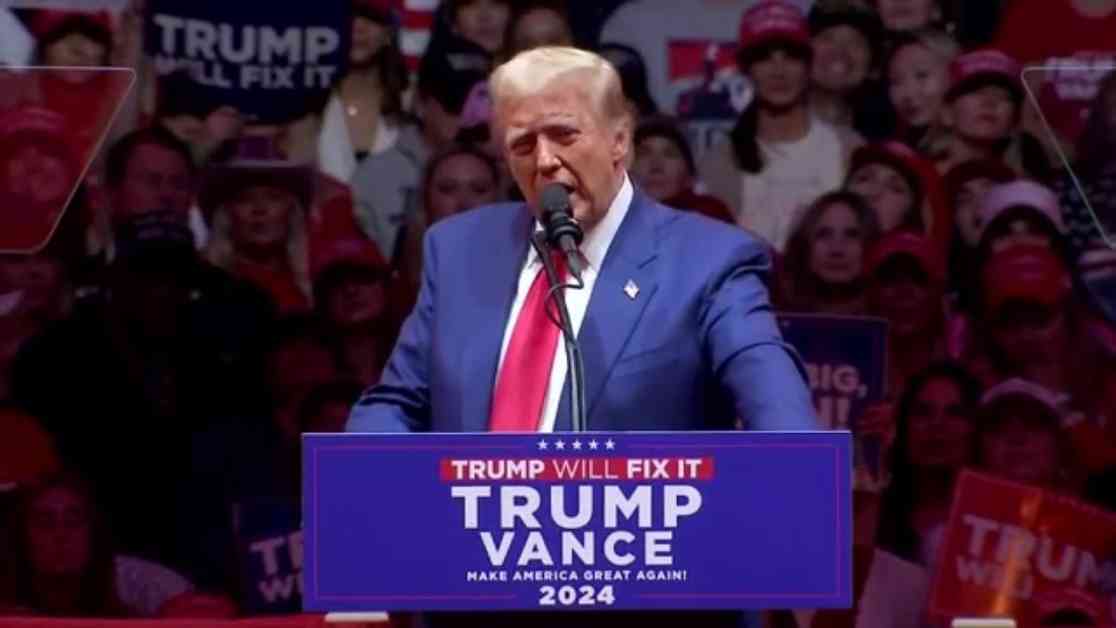President-elect Donald Trump issued a strong warning to a group of nine nations who are part of the BRIC alliance. These countries include Brazil, Russia, India, China, South Africa, Egypt, Ethiopia, Iran, and the United Arab Emirates. Additionally, Turkey, Azerbaijan, and Malaysia have applied for membership, with other countries showing interest in joining.
Trump’s threat of imposing 100% tariffs is in response to any actions taken by these nations to undermine the dominance of the U.S. dollar in the global financial system. While the U.S. dollar is widely used in international business and has faced challenges in the past, members of the BRIC alliance and other developing nations are growing increasingly frustrated with the U.S.’s control over the global financial landscape.
In a post on Truth Social, Trump demanded a commitment from these countries to not create a new currency to rival the U.S. dollar. He warned that failure to comply would result in severe tariffs and restrictions on selling goods to the U.S. market.
During a BRIC summit in October, Russian President Vladimir Putin criticized the U.S. for using the dollar as a weapon and described it as a mistake. Putin emphasized the need to explore alternatives due to restrictions imposed by the U.S. on international trade.
Russia has been advocating for the establishment of a new payment system that would offer an alternative to SWIFT, the global bank messaging network. This alternative system would enable Russia to bypass Western sanctions and engage in trade with its partners more freely.
Despite these efforts, Trump remains confident that the U.S. dollar will continue to dominate global trade. He warned that any country attempting to replace the dollar would risk losing access to the American market.
It is clear that tensions between the U.S. and the BRIC alliance are escalating, with economic implications for all parties involved. The future of international trade and the role of the U.S. dollar in the global economy remain uncertain as countries seek to assert their financial independence.


